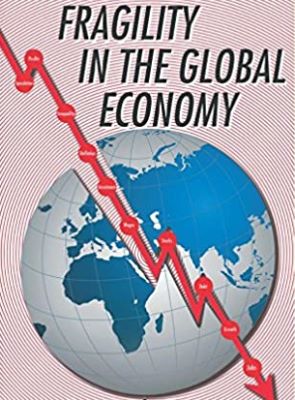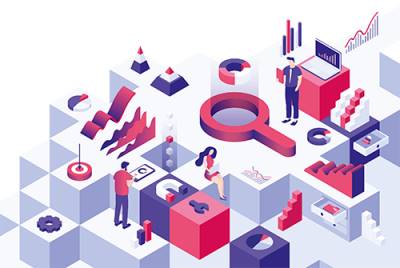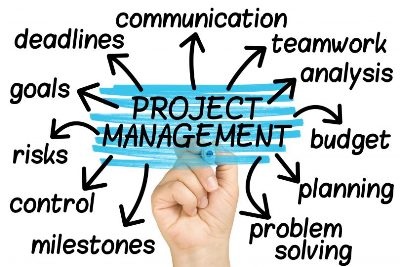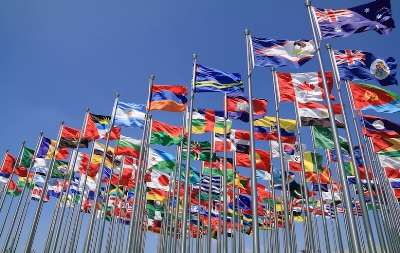With the Covid-19 pandemics there have been a lot of comments on the fragility of modern economies when they face such a disruption. I don’t agree. Of course there are severe consequences, but I believe that the modern world is actually must more robust than it would have been decades ago when facing such an event.

Some examples which struck me.
Supply chains have been disrupted it is true, but global supply chains have also helped fight the virus and deliver equipment between China and other countries, and vice-versa. And supply chain is not really going to be disrupted for long. After a few days or weeks, new chains will be in place for the industry. Many large industrial concerns are still producing; reasons for stoppage were more related to the protection of employees.
Modern transportation has allowed in France to easily transfer sick people between regions to alleviate hospital load.
Despite the confinement, the economy has not stopped as much as it would have a few years ago, thanks to the modern capability for remote work. Many companies and organisations have carried on.
Governments in Europe have taken measures to protect employees and people from the worst short term economic impact from the crisis.
And overall (this still remains to be confirmed), the action of most governments will lead to much less fatalities than would have been the case some decades ago.
Of course the pandemics is a terrible blow to the world and its economy, but we will certainly observe that it will be far more resilient than we expect.











